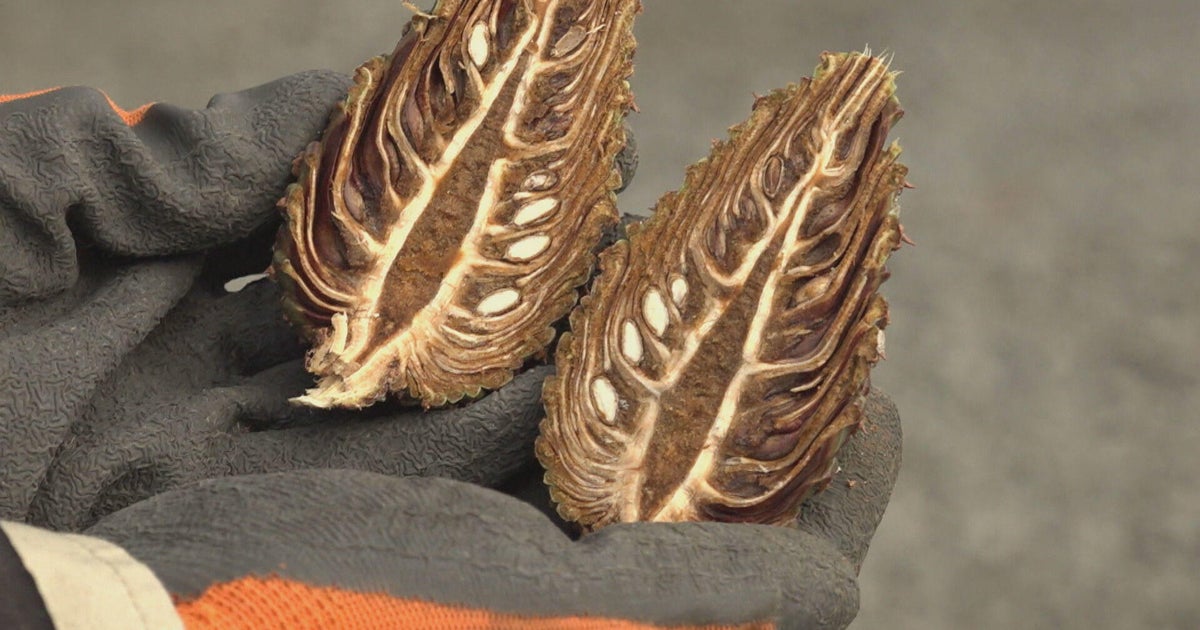Inside Cecilia Vega's first 60 Minutes story on sperm whales
"I'm in the pinch-me phase. I can't believe I get to actually work here and call this place home now," newest 60 Minutes correspondent Cecilia Vega said about joining the program.
For her first assignment, Vega traveled to the island nation of Dominica where she reported on sperm whales, one of the ocean's largest marine mammals. Sperm whales are considered a "vulnerable" species by the International Union for Conservation of Nature, a nonprofit consisting of government and civil society organizations. They reproduce once every five to seven years and have experienced significant population decline. The species is under threat from noise pollution, consuming plastics, and ship strikes.
For the assignment, Vega went snorkeling with National Geographic Explorer Enric Sala. He is working with Dominica's government, which has announced it will create a sanctuary to keep the whales safe.
"The sperm whale population has been declining steadily for the last 20 years because of human threats that affect the whales not only here, in Dominica, but all around the world," Sala said to Vega. "If nothing is done, the population will probably continue declining, so reducing those threats hopefully will allow the sperm whale population to rebound. And the more whales there are, the more benefits Dominica and the local communities will obtain."
For Vega and the 60 Minutes team, the story was a reminder some things are worth waiting for. It took five days before a sperm whale came alongside the boat. It was the final day 60 Minutes was scheduled to be in the Caribbean.
"Once you see that whale, it's a little like SEAL Team Six," Vega told 60 Minutes Overtime. "You're jumping off the back of a moving boat. 8,000-feet-deep water. And you're swimming up. And then suddenly, she's right there. And she is making eye contact with us."
Vega said the whale stayed for about 10 minutes and described it as the "otherworldly."
"It was both the most terrifying professional experience I think I've had, and probably the most gratifying and rewarding one," Vega said.
You can watch Cecilia Vega's full report, The Sperm Whales of Dominica, below.
The video at the top was originally published on May 14, 2023. It was produced by Keith Zubrow and edited by Sarah Shafer Prediger. Kristel Garces was the Broadcast Associate.




